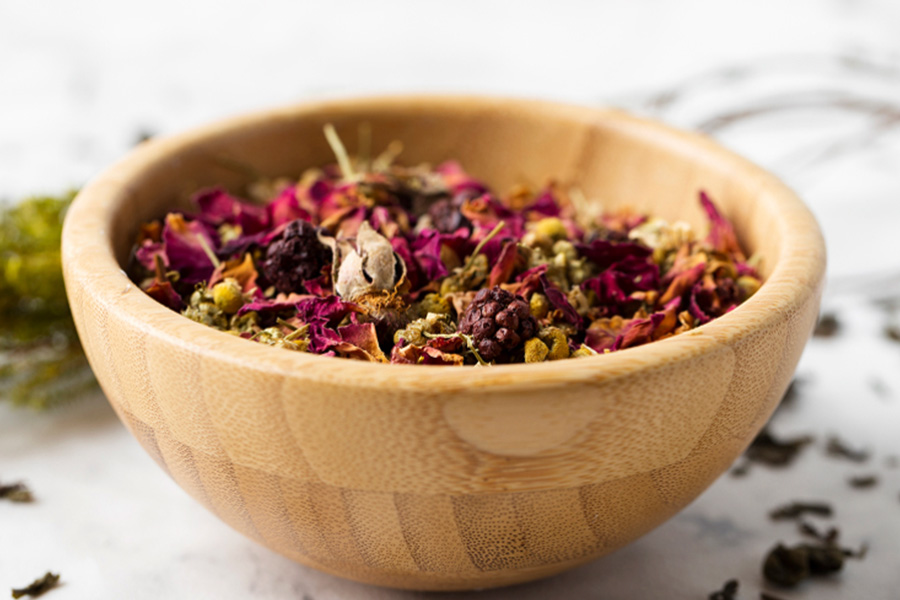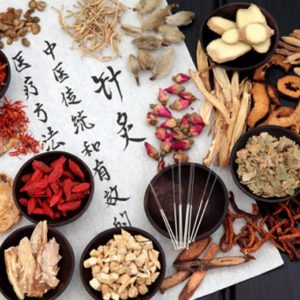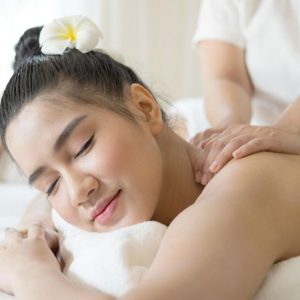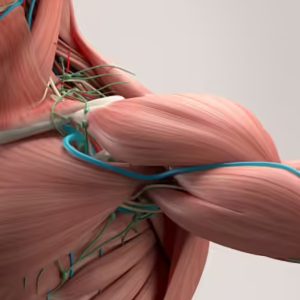Good TCM for Eczema: Foods, Fixes, and Chinese Medicine Secrets

Eczema is one of those conditions that refuses to be ignored. The itching, redness, and flare-ups can feel like constant interruptions to daily life. While creams and steroids provide short-term relief, more people in Singapore are exploring alternative routes, such as good TCM for eczema. Traditional Chinese Medicine (TCM) views eczema as a symptom of deeper imbalances, linking it to issues like heat, dampness, or even stress disrupting the body’s flow. Combined with advice on foods that trigger eczema, this holistic approach has sparked curiosity and offered fresh hope for those who feel caught in an endless cycle of flare-ups.
What Makes TCM Different from Conventional Care
At first glance, eczema may seem like a purely surface-level condition. Yet practitioners of Chinese medicine for eczema argue that skin is a mirror of internal health. While conventional care often treats eczema with topical steroids or antihistamines, TCM digs deeper, identifying categories of imbalance that influence the skin.
One hidden feature of TCM is the diagnostic process itself. Rather than applying a universal treatment, practitioners evaluate pulse, tongue, and lifestyle factors to build a unique picture of each case.
Another overlooked element is how herbs are combined. For instance, certain formulations are believed to “clear heat” from the body or support the digestive system to reduce inflammation. Acupuncture may also be introduced to regulate energy flow, aiming to calm flare-ups and strengthen resilience.
Patients who turn to good TCM for eczema often highlight this personalisation as the key difference. The condition is treated as an outward sign of a larger systemic imbalance. This shift in perspective can encourage longer-term management rather than chasing quick fixes.
Common Foods That Trigger Eczema
Even the most committed TCM regimen can falter if diet is overlooked. Practitioners often stress that what goes into the body can have just as much impact as external triggers like dust or sweat. In fact, foods that trigger eczema are a cornerstone of many consultations.
Dairy products such as milk, cheese, and yoghurt are often linked to flare-ups, particularly in children. Shellfish and certain seafood, like prawns or crabs, are also frequently mentioned, especially in Singapore, where they are staples of local cuisine. Spicy food, though a beloved part of hawker culture, is often restricted as it is believed to create “excess heat” in the body.
Processed snacks high in sugar and refined oils can worsen inflammation, while alcohol may aggravate dryness and itching. For some, even common ingredients like eggs or soy products can act as triggers. TCM’s approach doesn’t eliminate these foods blindly but encourages observation: track your diet and flare-ups to identify patterns.
By making dietary adjustments, individuals often find that Chinese medicine for eczema has a stronger effect, creating a combined strategy that addresses both internal and external factors.
Where TCM Shifts the Eczema Conversation
The real game-changer lies in how TCM reframes eczema as part of a broader health narrative. Instead of viewing eczema as an isolated skin issue, it’s seen as a signal that the body is struggling to maintain balance. This shift has several implications for treatment and lifestyle.
Firstly, the integration of lifestyle advice alongside herbal remedies means patients learn to manage triggers proactively. For instance, reducing late nights and high-stress environments is often advised in tandem with managing diet.
Secondly, TCM encourages patience. While steroids may calm a flare-up within days, good TCM for eczema often works gradually, aiming to reduce recurrence rather than just suppress symptoms.
The potential of combining approaches is another game-changer. Imagine using Chinese medicine for eczema alongside conventional dermatological care. While science continues to study the efficacy of these methods, many patients report that blending the two gives them better long-term outcomes. In Singapore, this integrative mindset is steadily gaining traction, offering eczema sufferers new hope that goes beyond creams and lotions.
A Holistic Way Forward for Eczema Sufferers
Living with eczema is rarely straightforward, but the rise of TCM highlights that alternative routes can provide meaningful relief. By identifying foods that trigger eczema and incorporating good TCM for eczema, patients are learning to tackle flare-ups from multiple angles. Chinese medicine for eczema reframes the conversation toward balance, patience, and personalisation. For those in Singapore who have grown weary of temporary fixes, exploring TCM alongside medical advice may be a step toward calmer skin and greater confidence. After all, true progress often comes from combining the best of many worlds.
Wondering if your daily habits are fuelling flare-ups? Take a closer look at your diet, explore options in Chinese medicine, and consult with Tangs Clinical TCM today and see how combining these strategies could reshape your journey with eczema.








